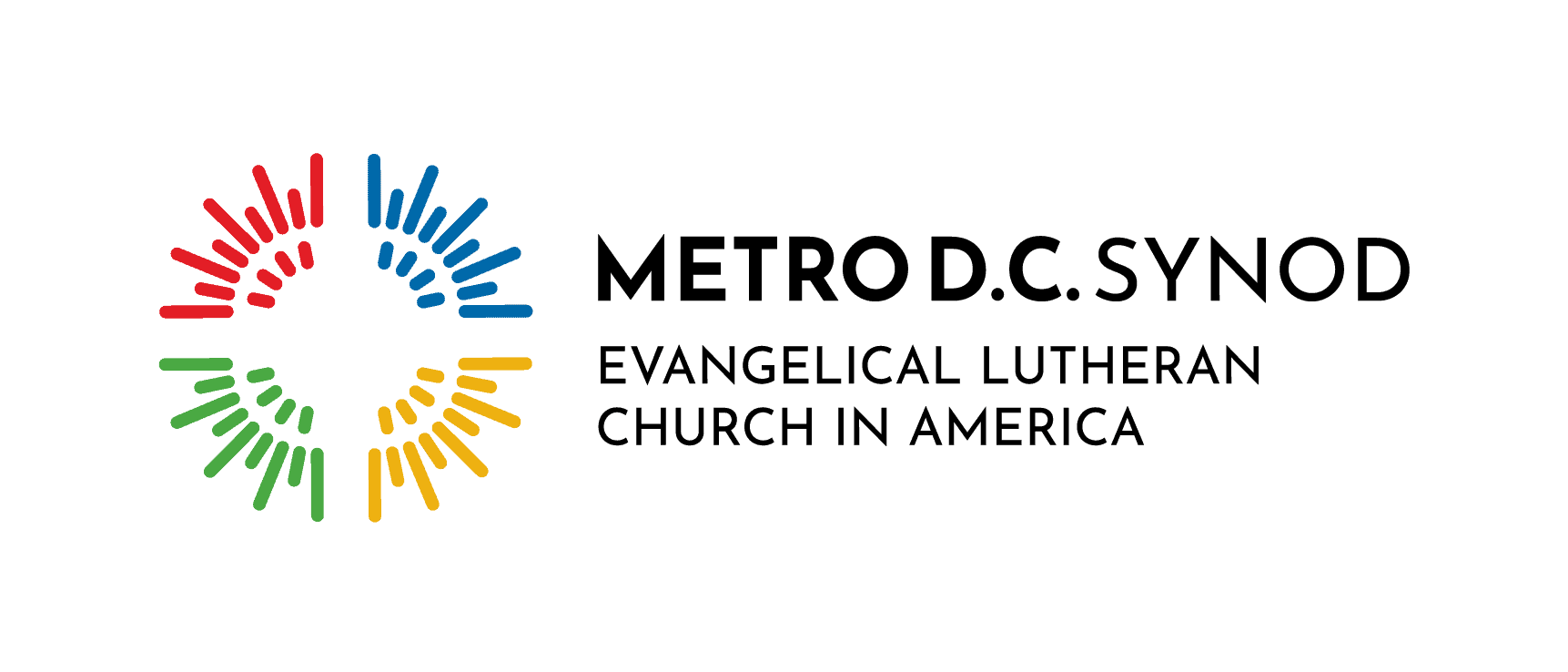Oct. 32 and beyond

A MONTHLY MESSAGE FROM THE ELCA PRESIDING BISHOP*
This is the 500th anniversary of the Reformation. For the past year it has been “All Reformation All the Time!” Everything Martin Luther. The really observant have branched out to Philipp Melanchthon and Johannes Bugenhagen. True believers will dress their children up as Martin and Katie for Halloween, or if they tend toward the fear factor, Johann Tetzel.
Bring in the extra brass. Fire up the choir. Sing the fight song (“A Mighty Fortress Is Our God”). Dress in red. Binge-watch every Luther film and documentary. (I particularly liked Joseph Fiennes as the young, hot Luther.) This is our year!
Oct. 32.
Now what?

Freedom for means that in Christ we are set free for loving and serving others. Freedom is a relationship, not a new set of activities or the demands of a new law.
When I am out and about the church, I like to ask people what it means to be Lutheran—what is distinctive about the Lutheran movement. Grace is almost always mentioned, along with justification. Some will say we are ecclesia semper reformanda—the church always being reformed. Others point to our work for disaster relief, ELCA World Hunger, advocacy and other work for justice. Most of this is part of the Lutheran experience, but not unique to us. What then, did Luther uncover and what relevance does it have now?
Interestingly, Luther did not give his greatest emphasis to reform or to reforming the church. Semper reformanda—always reforming—was actually coined in 1947 by Karl Barth, a Reformed theologian. Liberation in Christ through faith was the freedom that transformed Luther. This freedom is what he wrote about most frequently and most passionately. The Freedom of a Christian, a short and accessible treatise, is probably most familiar. I commend it to you. In this brief work and in others, Luther makes the case that liberation in Christ is both a freedom from and a freedom for.
Freedom from is liberation from all spiritual bondage. We are set free from being trapped in ourselves, consumed by ourselves, from the belief or terror that we can and must save ourselves, that our self is the center of the universe. Life in Christ is not an inward-dwelling experience. We are free to get over ourselves. Freedom from is liberation from the law’s accusation and judgment. We are liberated from terror and despair, which are soul-crushing. We are liberated from the incessant and impossible task of measuring up. Freedom from liberates us from estrangement from God and God’s creatures. Caught in sin and standing before a God who demands righteousness, when we believe we are responsible for our salvation, breeds resentment toward God and the objectification of others.
Freedom for means that in Christ we are set free for loving and serving others. Freedom is a relationship, not a new set of activities or the demands of a new law.
Luther put it this way: “Faith, however, is a divine work in us which changes us and makes us to be born anew of God. It kills the old Adam and makes us altogether different people, in heart and spirit and mind and powers; and it brings with it the Holy Spirit. O, it is a living, busy, active mighty thing, this faith. It is impossible for it not to be doing good works incessantly. … And this is the work which the Holy Spirit performs in faith. Because of it, without compulsion, a person is ready to do good to everyone, to serve everyone, to suffer everything, out of love and praise to God who has shown them this grace” (Luther’s Works, 35:370-1).
No longer is God transactional and others a means to an end. This freedom is scandalous because it is based on unconditional grace. It is a gift. Think about it—do we feel the burden being lifted? Think about it—do we feel the complete love of God? Think about it—do we now see others through God’s eyes, free and beloved children?
On Reformation Sunday we will hear Jesus’ promise: “You will know the truth, and the truth will make you free” (John 8:32).
On Oct. 32 and beyond let us live in that freedom.
The Rev. Elizabeth A. Eaton
Presiding Bishop
Evangelical Lutheran Church in America
* This column originally appeared in the October 2017 issue of Living Lutheran magazine. Read her column in English at http://bit.ly/2fILKdh or in Spanish at http://bit.ly/2xPgofU. Reprinted with permission.


